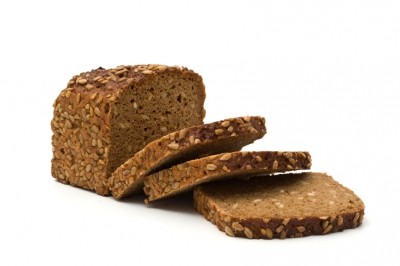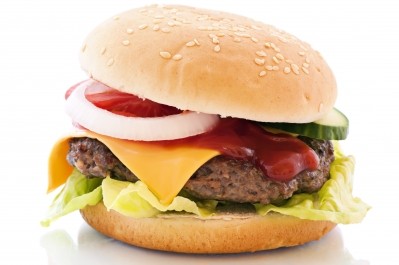Baked goods and fast-foods linked to depression: Study

The study – published in the journal Public Health Nutrition – reports that eating commercial baked goods such as fairy cakes, and croissants, and fast foods like hamburgers, hotdogs and pizza, is linked to an increase in the risk of developing depression.
Researchers from the University of Las Palmas de Gran Canaria and the University of Granada, both in Spain, found that people who consumed the most fast food and baked goods were 37% more likely to become depressed over a six-year period than people with the lowest consumption.
Furthermore, the Spanish research team revealed a dose-response relationship between the two. In other words:"The more fast food you consume, the greater the risk of depression," explained Almudena, lead author of the study.
However, the UK’s NHS choices service noted that the study cannot conclusively show that such foods directly cause depression.
“For example, it is just as plausible that diet and depression are both the result of a common factor. Therefore, it's too early to rebrand the burger and fries as an "unhappy meal",” it wrote.
But Sánchez-Villegas points out that eating even small quantities of baked goods “is linked to a significantly higher chance of developing depression."
Study details
The research team used data from 8,964 participants that had never been diagnosed with depression or taken antidepressants.
Sánchez-Villegas and her team reported that participants with the highest consumption of fast food and baked goods were more likely to be single, younger, less active and have worse dietary habits than participants with the lowest consumption – and reported a 37% increase in risk between the lowest and highest consumption groups.
The researchers said their results demonstrate “a positive dose-response relationship between the consumption of fast food and the risk of depression”. They also said that “consumption of commercial baked goods was also positively associated to depressive disorders.”
However, the NHS choices service again warned that although the study found an association, a causative effect cannot be claimed, arguing that it is equally possible that a tendency to consume fast foods and baked goods, and develop depression could stem from a common factor.
“Even though this was a prospective study, it cannot conclusively show that eating lots of hamburgers, sausages and pizza causes depression,” said the NHS.
“For example, participants with the highest fast food consumption were generally all single, younger and less active, which may have influenced both their diet and their risk of depression.”
Sánchez-Villegas added that although more studies are necessary to investigate such links, “the intake of this type of food should be controlled because of its implications on both health (obesity, cardiovascular diseases) and mental well-being."
Source: Public Health Nutrition
Issue 15, March 2012 15, Pages 424-432, doi: 10.1017/S1368980011001856
“Fast-food and commercial baked goods consumption and the risk of depression”
Authors: A. Sánchez-Villegas, E. Toledo, J. de Irala, M. Ruiz-Canela, J. Pla-Vidal, M.A. Martínez-González



























